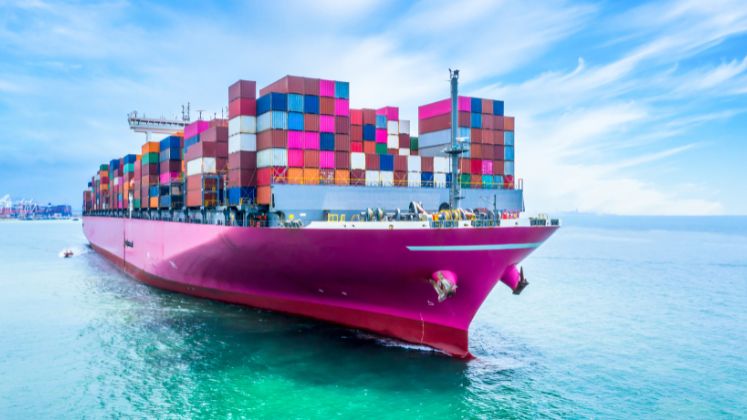While tensions between Iran and Israel potentially roil global trade flows, Vietnam’s Ministry of Industry and Trade (MoIT) has released a blunt warning to the country’s businesses, telling them to prepare for possible supply shocks.
Addressing a press conference, Tran Thanh Hai, the deputy director of MoIT’s Agency of Foreign Trade, stressed the importance of intensified due diligence in the administration of cross-border deals. He urged companies to carefully review the terms and conditions of their export-import contracts—specifically those on freight charges, shipment schedules, insurance, and force majeure—to buffer against potential interruptions.
Emphasising risks of relying too heavily on a single marketplace or shipping conduit, Hai advocated strategic diversification, both in trading partners and logistics routes. Searches for safer, alternative routes with proven logistics providers should be a priority, he said.
To strengthen supply chain resiliency, Hai suggested the creation of fallback plans, including acquiring multiple sources for raw materials and adding multimodal transport possibilities such as international rail freight—steps which potentially could save money while protecting delivery timetables.
He also highlighted the need for ongoing communication with foreign buyers and partners in order to control uncertainty in international markets. Concurrently, he called for tighter coordination with shipping companies, airlines, and freight forwarders to monitor possible delays, rerouting requirements, or surcharges.
Lastly, Hai cautioned of increased foreign exchange volatility and instructed enterprises to stay vigilant to currency risks as geopolitical tensions heighten.







